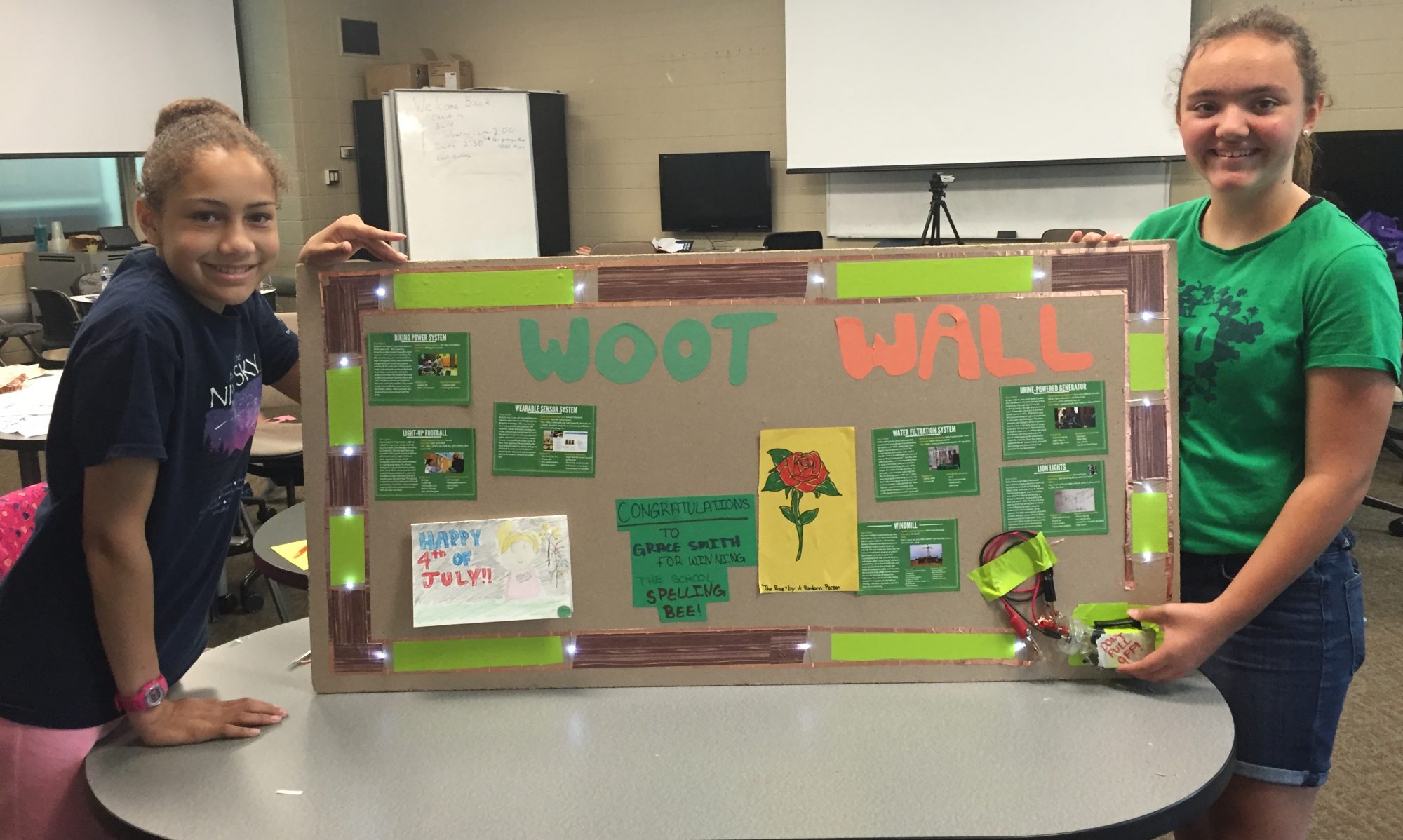FamJam
Supporting Powerful Learning in Middle School STEM
The project aims to support the teaching of engineering in middle school (6th and/or 7th grade) using standards-based and culturally relevant approaches. With guidance from experienced collaboration facilitators, the goal is to create a community-centered ready-to-implement set of science lessons (both plans and corresponding materials) by adapting a powerful standards-based curriculum, and delivering these lessons in ways that are open to continuous improvement for all involved.
Why?
Science/engineering education can be fun, but it is also challenging.
● We wish to support teachers in engineering instruction using authentic inquiry that meets national, state and local learning goals and expectations (core disciplinary ideas in science + science and engineering practices) while fostering powerful student learning, interest and agency
● We wish for engineering learning to be fun and joyful and help students to realize that they can draw upon what they are learning “right here and right now” to make a difference in their lives and communities
● We wish to contribute to building a professional learning community that centers continuously
improved student, teacher, researcher and community outcomes.
FamJam approach
Our approach has three main parts:
- Building Family and Community Resources in Support of Engineering Learning
- School-based STEM teams will work together to learn more about the topics in the focal units and co-create a Lansing STEM Resources list of Lansing people and places where STEM lesson- relevant resources may exist (fieldtrips, guest speakers, collaborations, etc.).
- STEM Teams (about 10-12 people) will be made up of researchers, partner teachers, select students from partner teacher classrooms and family members.
- Adapting and Teaching Focal Engineering Units
- Collaboration facilitators, Wisam and/or Angie, will support teachers in incorporating community-sourced learning activities into the learning units. They will also support teachers, in the classroom, in implementing the units.
- Any materials needed for lessons will be purchased by the project and organized in advance.
- Participating family members may elect to participate as well (based on school/teacher policies and interest) but this is not required or expected.
- Reflecting and Refining
- Participants will take part in reflective conversations to discuss how the process went from their different perspectives.
- Researchers will use reflective insights to refine the process for the next focal unit.
Each year of the three year project, STEM teams would collaboratively adapt one unit (more if desired).




